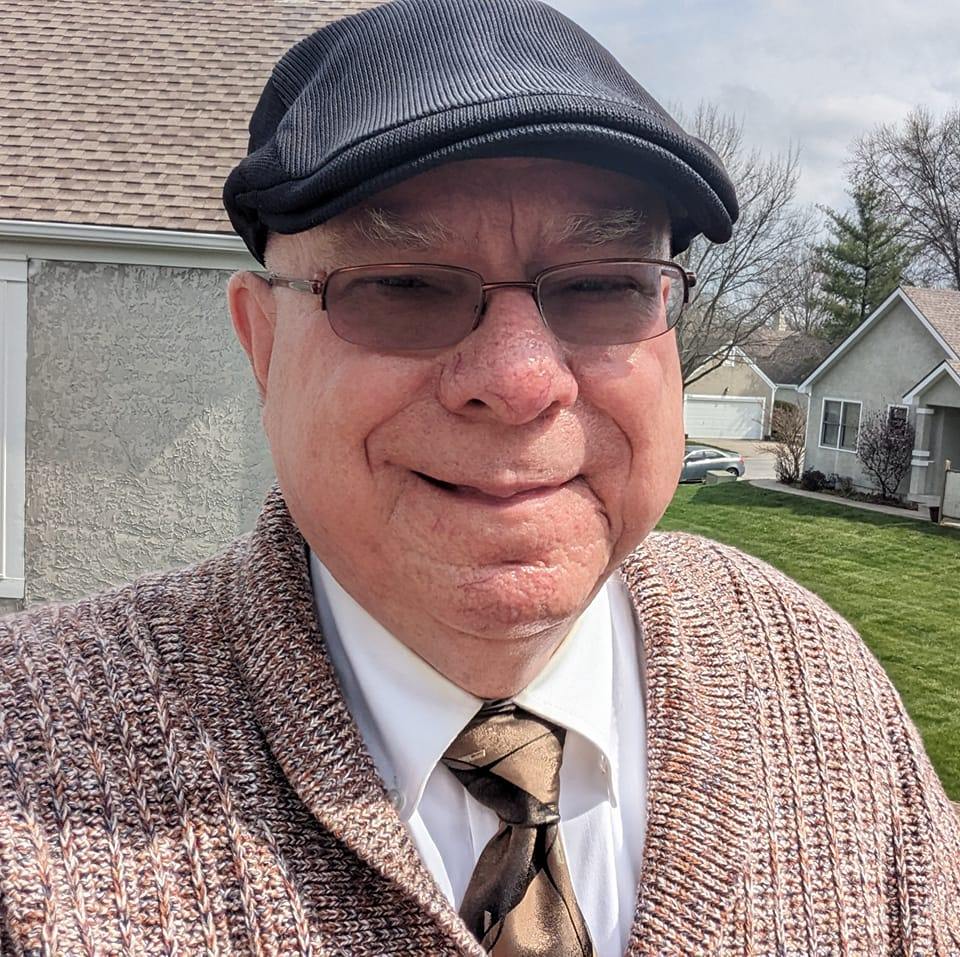How do we measure success at rescue missions? (Part Two)
Since January, when I first wrote about this topic, a lively discussion about it has continued on the IUGM’s e-mail discussion list. It’s been interesting to see the various opinions that have been expressed by rescue mission workers. As a result, I am more convinced than ever about the need for a consistent data-gathering process to measure the outcomes of rescue mission programs. Here’s why I believe so strongly that we must get started with this process:
Strengthen Our Witness to the World — We know God is changing lives at our missions. But how do we communicate this to people who do not share our spiritual convictions? Actually, there is only one way; by presenting some concrete numbers, which substantiate this fact in a language they understand. We must have real numbers to back up our claims!
A couple of months ago, this was brought home to me in a powerful way through a call from a reporter with the Washington Post. She contacted me in the process of researching a story that to compared the success of “faith-based” programs in working with alcoholics and drug addicts with those that are government funded.
During a conversation that lasted almost an hour, I had a chance to talk about all the great things rescue missions are doing to help the addicted. Then she asked me the $64,000 Question, “What kind of success do your missions have in rehabilitating alcoholics and drug addicts?” I was embarrassed to admit that we have not been doing on-going assessment of program outcomes, and that any figure I could give her would be just an educated guess.
A couple of weeks later I got a copy of the article, which was a three-page spread, starting on the first page of the Post’s Sunday edition. It was complete with large photos and testimonies of people who had found sobriety at Teen Challenge and Victory Fellowship centers. Both of these programs were given considerable attention, while the IUGM was mentioned in passing and the number of member missions was noted in a small chart.
Why did they get all the attention? Well, it was because they are keeping statistics!
Follow Up Need Not Be Difficult – I am not advocating a complex or time-consuming approach to program evaluation. Spending a few hours once a year in contacting program graduates on the telephone or by mail (with return postage) is all that is needed to provide some concrete proof of good a job we are doing in our efforts to help addicts and alcoholics. Only a few simple questions are necessary:
- Have you been free of alcohol and drugs since leaving our program?
- Are you using drugs and alcohol at this time?
- Are you involved with a church?
- Do you have job?
- Do you have a home at this time?
And, as I mentioned in the previous article, a follow-up contact from your mission can be a real opportunity to encourage graduates, especially for those who may be struggling.
Program Evaluation is Good Stewardship — Every year, rescue missions spend literally millions of dollars in their efforts to help the needy. It is our responsibility before God and our contributors to ensure that those dollars are spent wisely.
Much can be gained by taking time to see how well the graduates of our programs do after they leave our facilities. Getting their feedback through an “exit interview” just before they graduate and following up on them after they leave will certainly help up to improve our programs.
Here are a few areas that can be enhanced through on-going program evaluation:
Staffing/Client ratio: Do we have enough chaplains, counselors, etc., to provide adequate one-on-one interaction with program participants?
Facilities: Is the building and environment conducive to a life-changing program?
Policies & Schedule: Are these promoting responsibility while providing a therapeutic environment?
Curriculum: Is the instruction component of the program adequately equipping participants to live as Christians, maintain sobriety, and face the issues of their lives successfully.
Program Scope & Activities: Are you providing kinds of services that will assist participants to be successful after they leave the program, i. e. educational activities, employment readiness, addiction-specific programming, etc.
Program Length & Process: Do participants spend enough time with you to really become prepared to live a new life once they are on their own? Is there a system for measuring their progress within the program?
At this time, we are developing a program that can been used throughout the IUGM to evaluate program outcomes. We would very much like to hear from you’re on this subject, so we encourage you to contact us at the IUGM’s Education Department.
October 1998

 In addition to introducing men and women to Christ, helping addicts to maintain sobriety is the primary responsibility of a residential recovery program. Learning to read, completing high school, and gaining other life skills are important. But, if residents cannot remain sober, we have only succeeded in creating smarter Biblically literate drunks. The act of using drugs or alcohol is an end result of a process that began long before. Addicts relapse when it is more painful to stay sober than it is to get “high.”
In addition to introducing men and women to Christ, helping addicts to maintain sobriety is the primary responsibility of a residential recovery program. Learning to read, completing high school, and gaining other life skills are important. But, if residents cannot remain sober, we have only succeeded in creating smarter Biblically literate drunks. The act of using drugs or alcohol is an end result of a process that began long before. Addicts relapse when it is more painful to stay sober than it is to get “high.”

